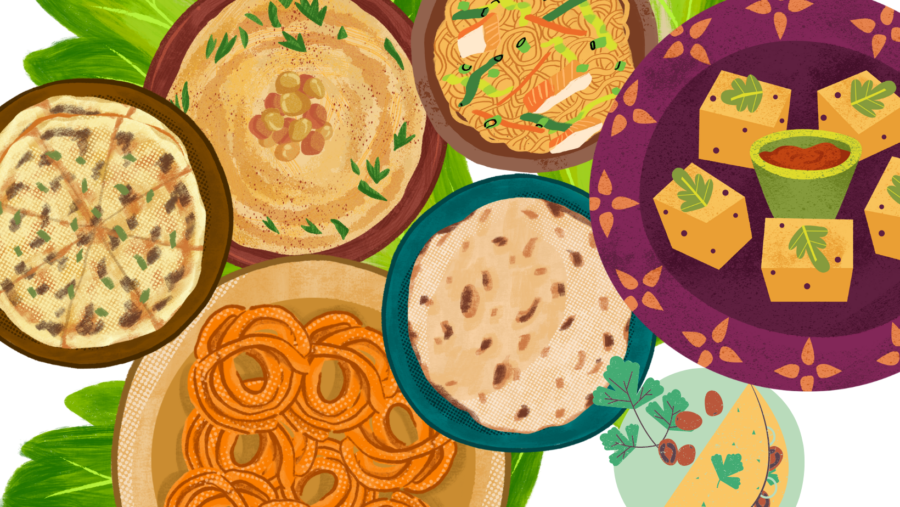In our postcolonial world, the high consumption of animal products is now related to aggressive Western marketing, heavily subsidized animal agriculture in Western countries that gluts global markets, exploitative and often violently enforced use of land and resources outside of the West (such as the destruction of the Amazon rainforest for beef production), forced removal of Indigenous communities, predatory lending and capitalist ventures led by global financial entities such as the World Bank, and increased consumer power made possible by globalization. Diets heavy in animal products are not culturally diverse; they are products of Western imperialism. The global majority cannot digest lactose (dairy) beyond the age of weaning (a normal process among mammals), and, as animal flesh is expensive to produce or shunned in certain spiritual practices, traditional diets of the world have been based in fruits, vegetables, legumes, and pulses. Plant-based diets are more cost efficient, sustainable, and healthful, accounting for their foundational and ubiquitous presence across almost of the world’s cultures.
Continue reading